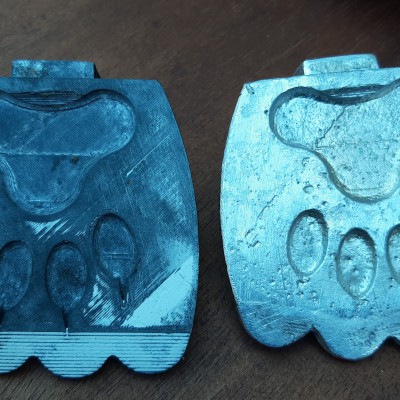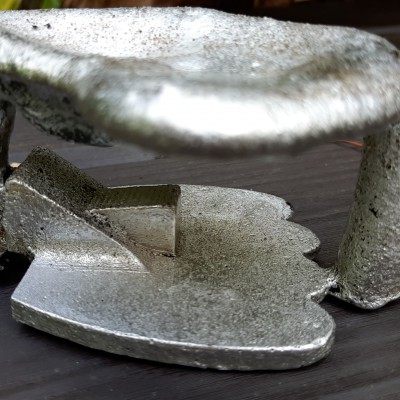Watch
Events
Articles
Market
More



On this Monday morning, my thoughts are turned to contentment. As you work for His kingdom this week, you can rest in His promises to provide for you. https://archive.aweber.com/awlist6425868/5ID5Y




Live at 10:00 AM Daylight Savings time, Evolution Of Prayer. Listen where you get your favorite podcasts, use the player on our homepage or here https://www.spreaker.com/show/....give-god-90-episode- With a free account you can join the chat or leave a message, please consider liking and sharing these podcasts.




On this date in history, 08/21/1959: Hawaii becomes the 50th state. Happy birthday, Hawaii! #otd #tdih #hawaiihistory



My first ever successful aluminium casting!
You might not understand. ?
I have been wanting and trying with different methods to cast the Carnivore since May 2020, and finally I have been able to make the first part today. Father has tough me soooo much on this.
Update: the partially cleaned part next to the black 3D printed part photo added.




